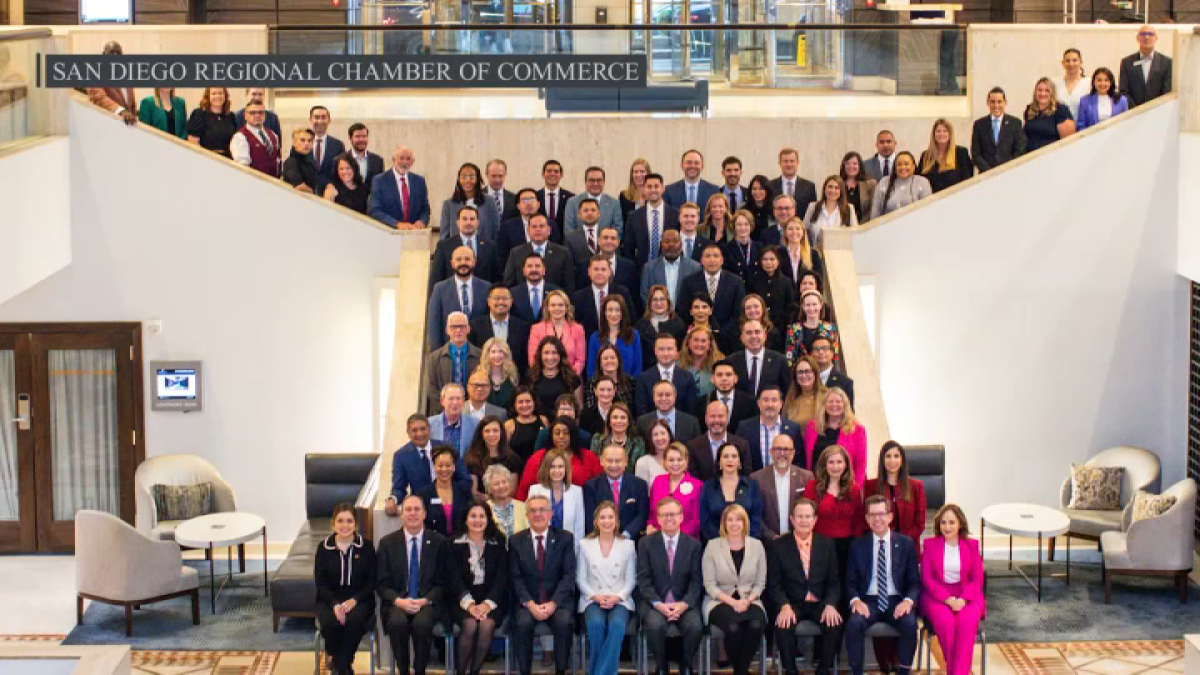San Diego's Power Players Descend on Capitol Hill: Economic Future Hangs in the Balance

A delegation of influential local leaders has descended on the nation's capital this week, bringing urgent concerns about the potential economic ripple effects of recent tariff policies. Comprised of both local government representatives and key business executives, the group is meeting with federal policymakers to discuss the potential impact of these trade measures on their regional economy.
Their mission is clear: to ensure that Washington understands the ground-level consequences of broad trade strategies and to advocate for policies that protect local economic interests. By directly engaging with federal decision-makers, these leaders hope to provide critical insights into how national trade policies could affect jobs, business growth, and community prosperity.
The delegation's visit underscores the complex interplay between national trade policy and local economic realities, highlighting the importance of communication between different levels of government and business leadership.
